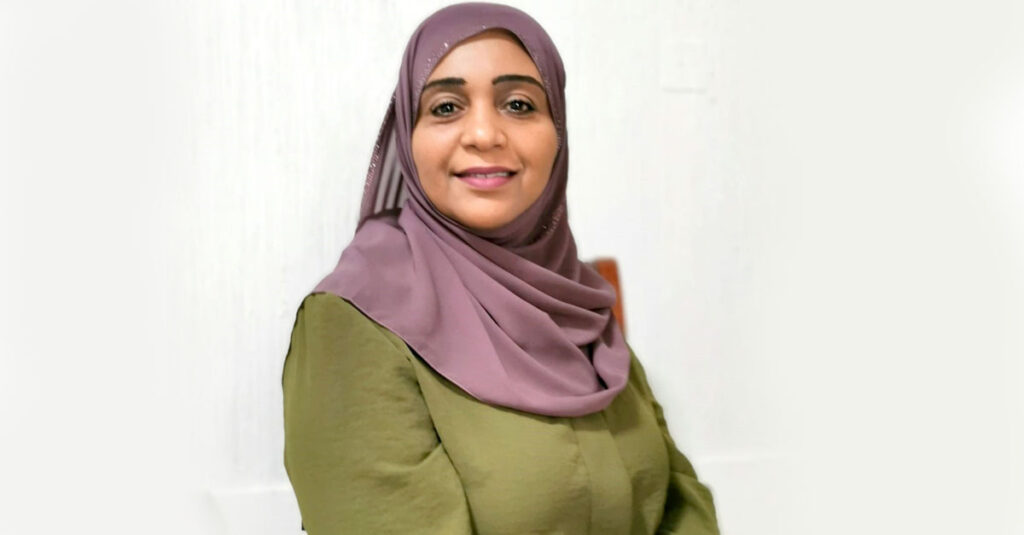
Zainab (* not her real name) was a kid when she started to help her fisherman father. And for several decades she continued in the same vein. Even when she married another fisherman from her village in Musannah, her prime job was to support him. But a coastal women project, named Massarah, by Oman’s ministry of agriculture and fisheries gave Zainab a chance to exploit a new idea of selling traditional fish products to a wider audience and she grabbed the opportunity with both hands. Soon, she was heading a small start up and earning money. She transformed not just her life, but that of her whole family.
Zainab’s story will resonate with many other Omani women who are slowly gaining a foothold in the fishing industry in Oman. But above all this, her story shows how much power could be unleashed if women rose to their full potential in such industries. Optimism, fuelled by courage, determination and a never-say-die attitude can transform lives. And the best example of that is Zainab.
Women bring income home
In Oman, the business of fishing is dominated by men. Omani women play supporting roles, but in the last few years, there has been a stunning transformation where the local women began to display their mettle. From a supportive role, some of them showed that they could also bring the ‘income’ home. These women have turned their years of experience to produce homemade fish products, which they then sell to support their family financially.
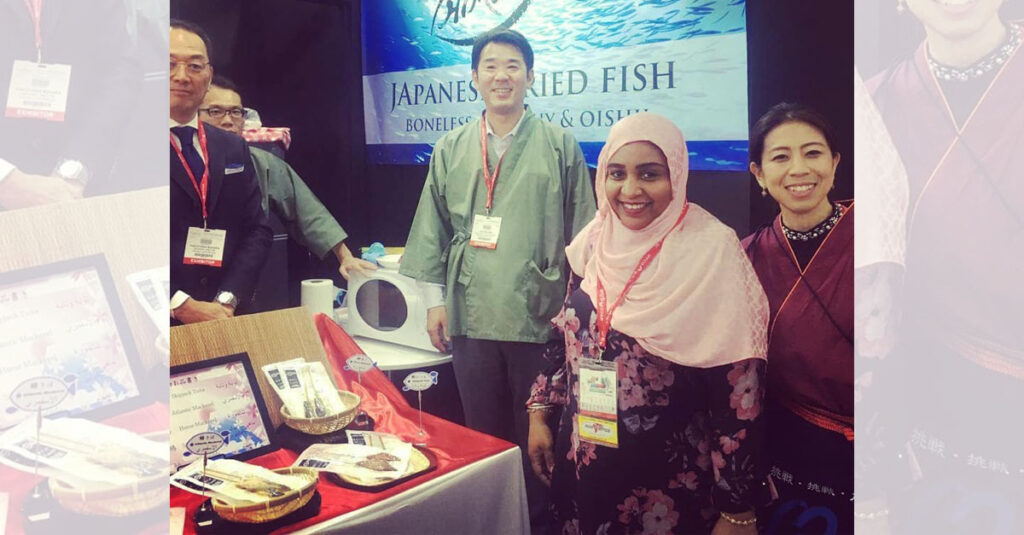
Spearheading transformation
This was revealed by ENG. FARHA ZAHIR AL KINDY, a known name in the fisheries segment of Oman; someone who has been spearheading this transformation in her long stint at the ministry of agriculture and fisheries and then recently on her own as a businesswoman, but with a determination to change the lives of the women in the coastal areas of Oman.
“Initially women played supporting roles; helping their men with various aspects of fishing. Slowly, they are now turning their experience into producing homemade fish products which they then sell to support their family financially. They are doing this through organised Omani Women’s Associations and other groups,” Farha Al Kindy told the Purple, adding however that fishing is indeed dominated by men.
Transform lives
Farha Al Kindy believes that if more and more women (in coastal areas) come out of their homes, engage in work related to fisheries, they can play a crucial role in their family’s financial affairs. They can transform not only their own lives, but that of their entire village.
“It is certainly possible for Omani women to contribute to raising the income of their families. They can also help contribute to developing and selling products, both inside and outside their region,” Farha Al Kindy noted.
Marketing support needed
But there is a need to encourage more women to enter the fisheries sector in Oman. “And the main support needed is with marketing their products. It is also required to create different outlets and options, both locally and internationally where they can sell,” Farha Al Kindy stressed.
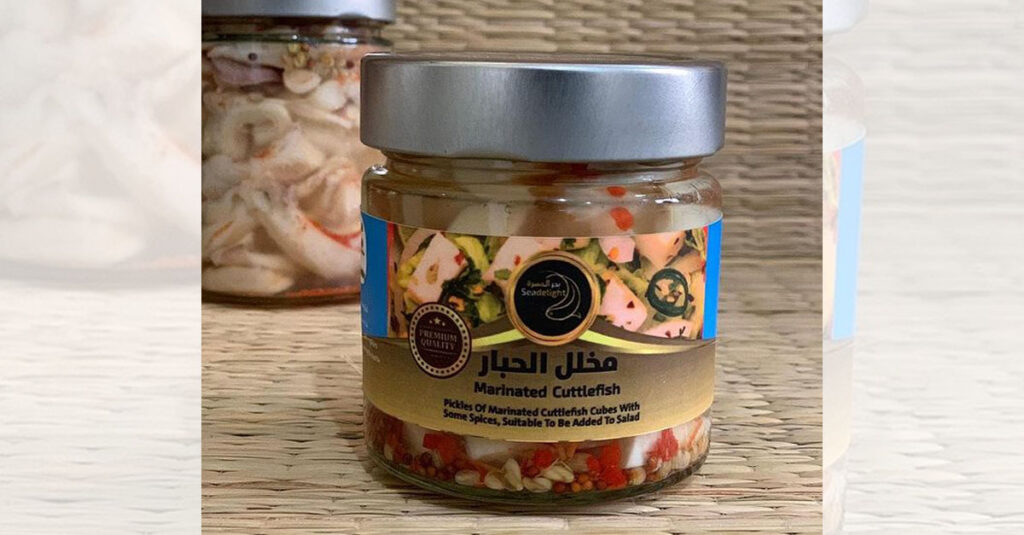
Dynamism personified
Farha Al Kindy is dynamism personified. A graduate from the Oregon State University in the United States of America where she majored in marine science, Farha has worked for the ministry of agriculture and fisheries for over 25 years. “I worked at the Marine Science and Fisheries Centre and engaged in various fisheries research, including the shrimp farming project. Soon after that I moved to the department of fish development in the ministry and worked on several other projects, such as the development of the coastal women’s products in the Wusta region, from 2012 to 2014.
After this, I established the Massarah project, which was to develop the coastal women’s products, in south Batinah (Mussanah), from 2015 to 2017. “I have a great interest in developing the skills of Omani women working to develop household products,” she said.
100 Omani trainees
Farha has organised and provided more than 100 Omani trainees in the arena of traditional fish manufacturing in Oman. “These include Omani women from Salalah, Duqm, Saham, Masirah, Muscat and Musannah,” she informed.
Exploit untapped opportunities
The Massarah project was established to help coastal women introduce traditional fish products to a broader consumer audience. “The goal was to encourage more coastal women to work in the fisheries industry, helping them exploit untapped opportunities and in doing so create new start-ups in the sector. Given the success of the project — the initial idea was created at the ministry of agriculture and fisheries – it was moved to the Industrial Innovation Centre (IIC), which is a government entity responsible for development of SMEs,” Farha said.
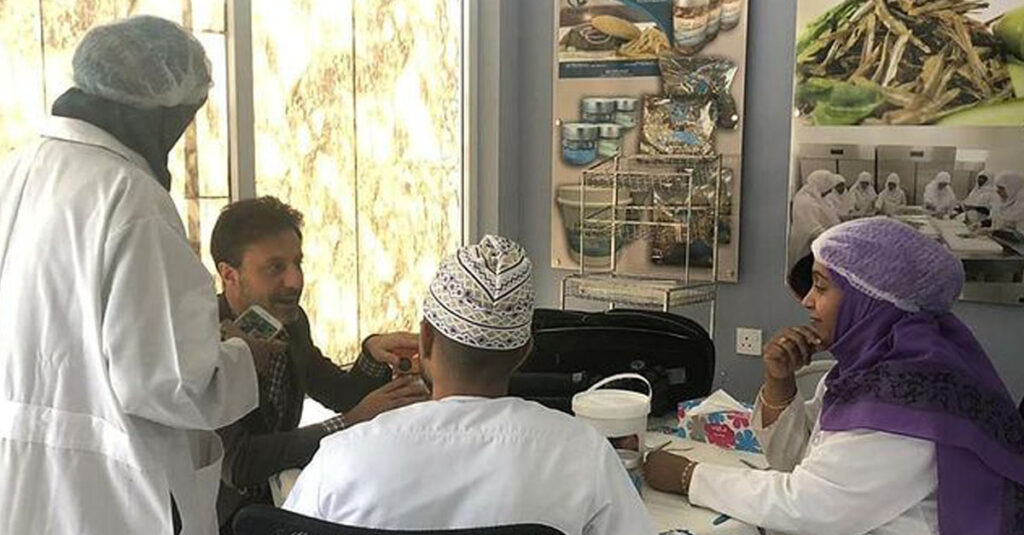
Tiny home-based businesses
“In my role at the ministry, I discovered that women on the Batinah coast were running tiny home-based businesses. I subsequently investigated how these women could be supported and that resulted in the Massarah project, which I managed. This project created new opportunities to many women and added extra value to the SMEs, rather than selling just Omani frozen fish.”
Aiding small businesses
The Massarah project helped small businesses in Oman’s coastal area to set up production facilities, which in return, created new employment opportunities and new income source for the Omanis in the coastal area, she explained. “The project was established to help coastal women improve traditional local fish products. The goal of the project was to encourage women to work in the fisheries’ industry; to help women provide for their families, to raise the level of income for low-income families, and to qualify women to exploit untapped fish products.”
Birth of Rozana
She left the ministry after serving it for 25 plus years. But neither did retirement take out her spirit nor the entrepreneurship zeal in her blood. In fact, the free time post retirement fanned the flames of entrepreneurial passion and she immediately set up Rozana and developed products under the brand name Sea Delight or Bahr Al Massarah. Farha started Rozana three years back, as a small business enterprise, with sufficient trained staff. “I am thankful to the ministry and the IIC. With both their support, Rozana was born,” she said.
“The initial idea came about while I was working at the ministry, where I was exposed to the research being undertaken in Oman’s fisheries sector,” she added. Farha was the head of the fisheries social community section, where she undertook a project to help coastal women develop various fish products.
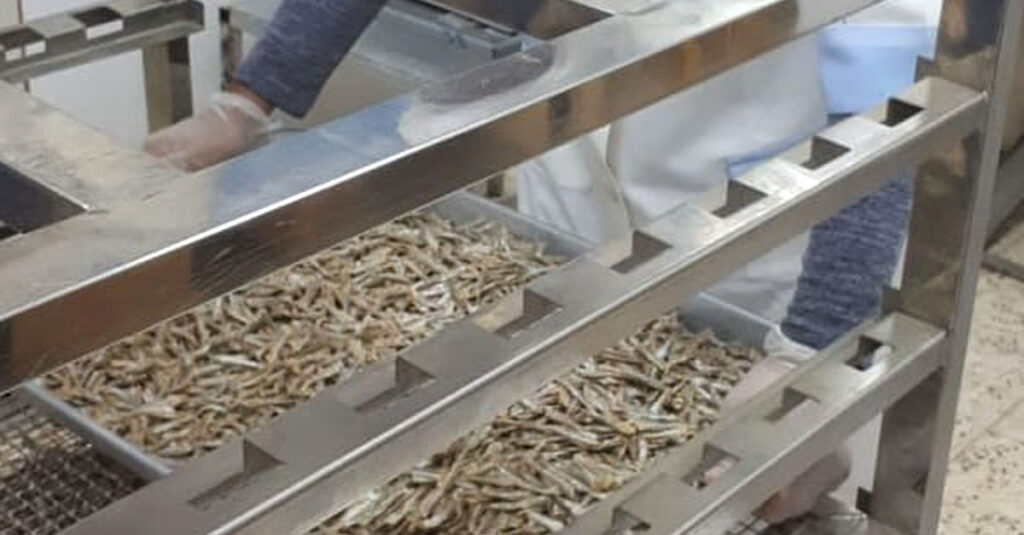
Huge potential
She saw the huge potential coming from women in the coastal community. “So I took the initiative with the support of the IIC to continue the Massarah project and also establish my own company with the aim to support other SMEs and provide women empowerment,” Farha said.
Range of products
Sea Delight looked at producing a range of products from traditional Omani, such as Malleh (salted fish), to modern products like fish burgers and ready-to-eat food containing fish suitable to the Omani palate.
These include: Salted fish – such as Malleh; Dried fish – anchovies; Marinated fish — cuttle, shell fish and Fish pastries – fish burgers
Like duck to water
Farha has taken to her business like duck to water. But, did she have any previous experience in running a business? Was her husband into any type of business? “Actually no. But, I was part of a charity organisation that was responsible for running courses to empower Omani girls. These included summer courses and programmes to shape their skills in different sectors such as painting, acting etc. As for my husband, he retired this year after serving 30 years in one of the leading oil and gas companies.”
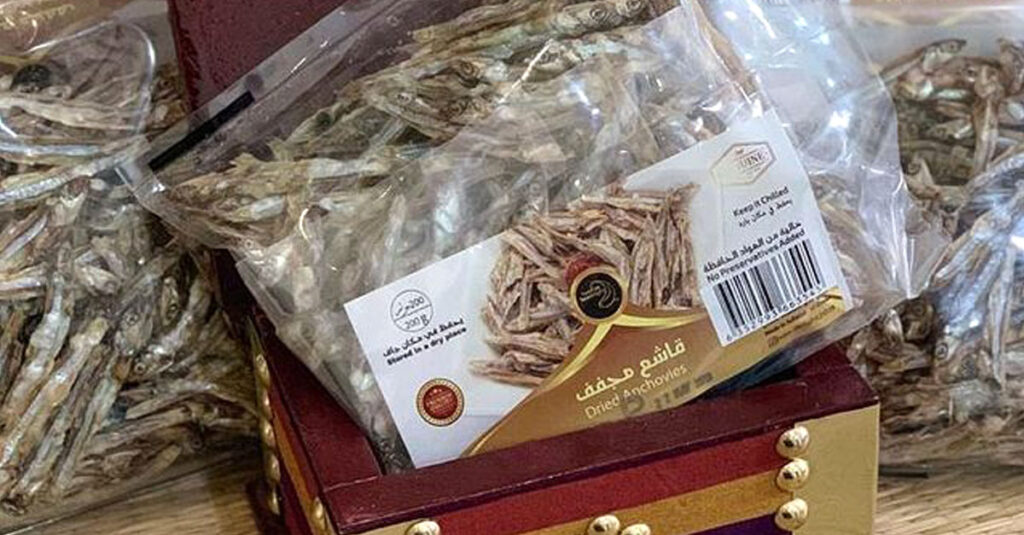
A balancing act
At this point Farha noted that playing a triangular role as a mother and wife and owner of Rozana was a “kind of balancing act”.
“I started my business after I sent all my kids to college, that’s when I had the time to focus on Rozana.” Farha has three children: two girls and a boy. “My daughters have graduated from colleges in the US, while my son is still in college.”
Minimal support available
Although Rozana has created a stir in the fishing community, there still remains a need to fill the vacuum for more fish entrepreneurs like her.
“There are some small and medium entrepreneurs involved in the production of fisheries’ products, but only minimal support is available. This is primarily because it is considered to be a business that requires specialisations and adoption of various techniques. “To be successful one needs to understand the dynamics of fishing, including knowledge of seasonal fish availability. Furthermore, the person needs to offer something different, which at the same time has to be acceptable to the public. The entrepreneur should also need to find outlets to sell.
Additionally, cash flow management is important since purchase of fish involves dealing with fishermen who trade in cash,” Farha explained.
Steadily gaining grounds
The Rozana set up is steadily gaining grounds and it has managed to firmly entrench itself as a business venture. Even the dreaded pandemic (COVID-19 Coronavirus) could not play spoilsport in Rozana’s business endeavour. Farha reveals that business went on as usual even during the hard times. “Luckily we were able to use different platforms to advertise and managed to sell our products throughout the COVID period,” she said.
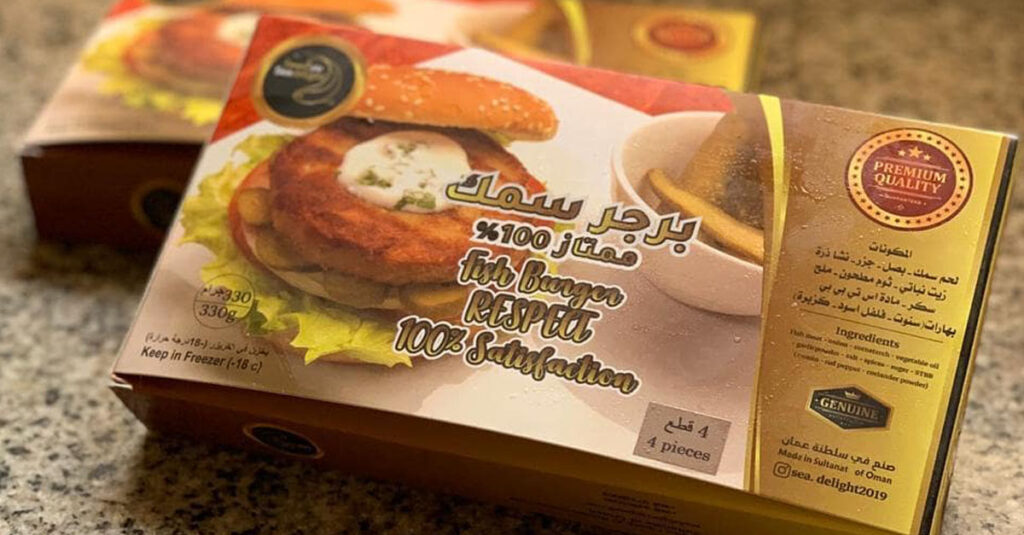
Challenges galore
The main challenge in the business of fisheries in Oman in general is the availability of raw fish since due to seasonal variation. “This has an impact on the price of fish,” Farha said, adding that the same challenges existed for Musannah. “The other main challenge is to convince the current Omani generation to work in fish processing. On the consumer side, the challenge is to convince consumers to eat healthy products, paying a slightly higher price than for the usual.”
Export worldwide
Meanwhile, Rozana’s aim is to export their products worldwide. “Well, initially to the Gulf Cooperation Countries, and later to Asia and Europe.
Furthermore, we aim to upskill Omani women and enhance their role in both production and marketing through training and direct support with the help of the IIC and other government organisations. This will help these women become independent and be able to support their families financially.”
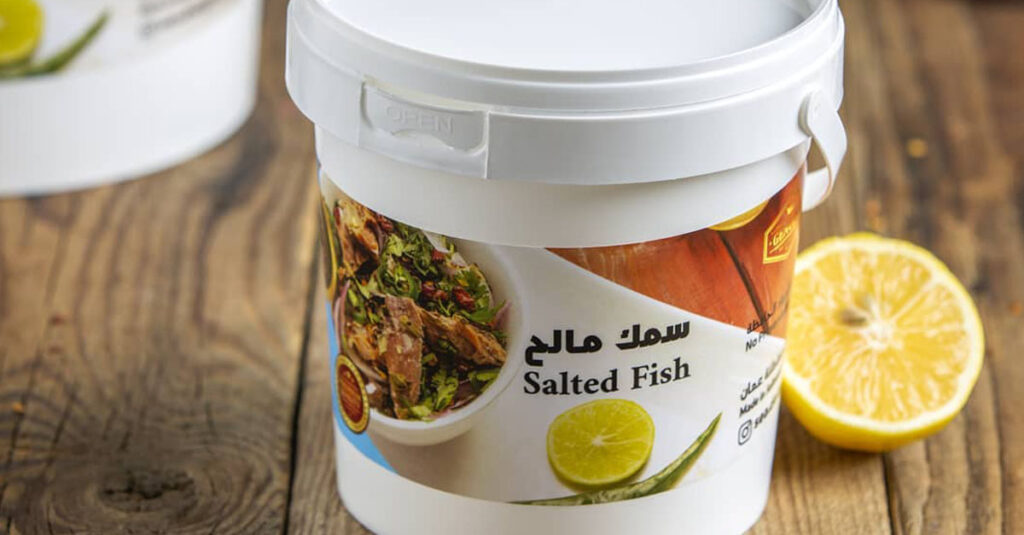
Bright future for lady fish entrepreneurs
She foresaw a bright future for fisheries in Musannah and Oman in general. “I see a huge potential arising from the coastal Omani women community and SMEs in general, spearheaded by various initiatives as well as full support of government institutions. Many women-owned businesses will grow in the near future, empowering women and positively enhancing their financially status within their families,” Farha predicted.
ABOUT:
ENG. FARHA ZAHIR AL-KINDY, juggles family life and a challenging business with consummate ease. Luckily, her children have grown up, two have graduated, and one is in college, which gives her ample time to avidly pursue her business interest.
At the ministry of agriculture and fisheries, she is credited for establishing the successful Massarah project, which was done to develop the coastal women’s fish products in the South of Batinah (Musannah).This project helped small businesses in Oman’s coastal area to set up production facilities which, in return, is creating new employment opportunities and new income source for the Omanis in the coastal areas.
* Rozana — meaning wooden shelves in traditional Omani households.
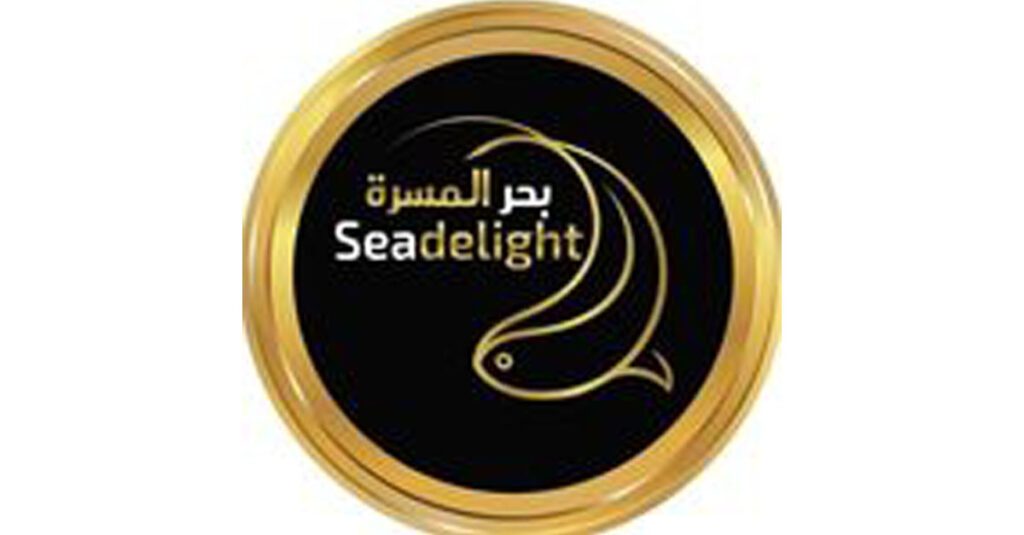
ABOUT:
ROZANA (Bahr Al Massarah) Company was established in 2018. It is managed by Omani women. It deals with the development of traditional fish products by activating innovative tools to improve the quality of fish and add value to enhance the level of these products. Fish (pickled squid) is the most important product that the company is working on and seeks to develop so that it reaches the consumer with high quality and a distinctive taste.

0 Comments